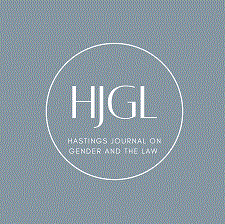
Abstract
For low-income women and their children who are survivors of domestic violence, the political and legal landscape at the federal level worsened with the enactment of the 1996 Welfare Act. Among many other changes, the Act increased penalties for mothers who fail to cooperate with their respective states in states' efforts to obtain child support from their children's father. As a result, many victims of domestic violence who seek child support and who are leaving their abusers often must choose between poverty and increased violence at their abusers' hands. The voices of state and local advocates against domestic violence are essential to improving access to child support and Temporary Assistance for Needy .Families (TANF) for battered women and making access safe for them and their children. A few jurisdictions including Rhode Island, Massachusetts, and the District of Columbia, have made progress in this area. To ensure that battered women and their children do not fall through the gaps in what remains of our country's social safety net, the best solution would provide the necessary resources for states to cooperate with domestic violence service providers in implementing programs that affect battered women.
Recommended Citation
Naomi Stern,
Battered by the System: How Advocates Against Domestic Violence Have Improved Victims' Access to Child Support and TANF,
14 Hastings Women's L.J. 47
(2003).
Available at: https://repository.uclawsf.edu/hwlj/vol14/iss1/4

